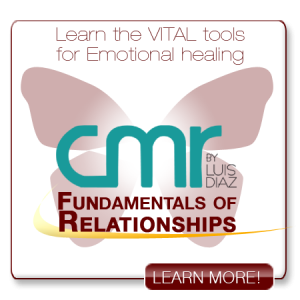Have you ever been listening to your partner express their hurt over something and found yourself responding with something like: “I feel that too. I was more hurt”?
Some conversations seem like a competition in who is suffering the most. People sometimes take turns sharing how much they are suffering and tell ever more painful stories.
Various needs might be up in such a conversation such as for being seen and heard, for empathy, for relatedness, for belonging, or acceptance.
This trap of competition can be hard to avoid. As your partner starts to express their pain, you feel your own. You want to be heard too and you imagine that if you hear their pain first, yours is less important. So you start to argue for how painful it has been for you and how you have suffered more.
In this context, sometimes a simple phrase like “So do I” is enough to derail connection and begin a competition.
To stay in difficult conversations, it helps to set up some talking agreements in advance. Saying something like, “I notice I have a lot of up for me and I also want to hear you. It would help me to focus on you if I knew that you would be willing to hear me after you’ve been heard. Are you up for that?”
With yourself, it helps to remember that your feelings and needs are valid, not in relationship to other’s feelings and needs, but rather just because they are your experience in the moment.
It also helps to notice if, in the moment, you really have the spaciousness and clarity to hear your partner when s/he wants to express painful feelings. If you notice that you are competing, attacking, defending, or withdrawing, it’s probably not a good time.
If it seems like there is never a good time when it comes to particular topics, then seek outside help. Talk with a trusted friend or mentor, or seek a counselor.
This week ask your partner for one conversation in which you just offer each other empathy.* It could be as short as ten minutes, each of you talking for five while the other listens silently or reflects back feelings and needs.
This article was written by LaShelle Charde who graciously agreed to allow me to publish it here.

